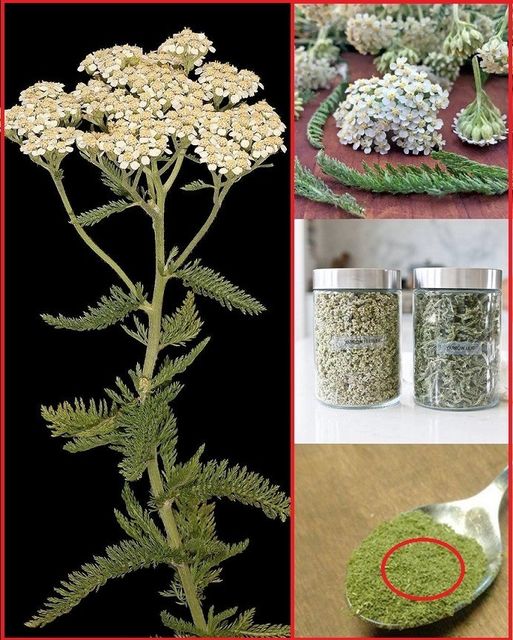Yarrow, a versatile herb with a long history of medicinal use, is gaining popularity for its numerous health benefits. From soothing skin irritations to promoting faster wound healing, yarrow offers a natural solution to various ailments. In this blog post, we’ll delve into the benefits of yarrow and explore some simple ways to incorporate it into your daily routine.
The Benefits of Yarrow
- Wound Healing: Yarrow has astringent properties that can help to stop bleeding and promote faster wound healing.
- Anti-Inflammatory: It can reduce inflammation, making it effective for treating conditions like arthritis and muscle pain.
- Pain Relief: Yarrow can help alleviate headaches, menstrual cramps, and other types of pain.
- Digestive Health: It can aid in digestion and relieve symptoms of indigestion, such as bloating and gas.
- Skin Health: Yarrow can soothe skin irritations, such as eczema and acne. It can also help to reduce inflammation and promote healing.
How to Use Yarrow
Yarrow can be used in various forms, including teas, tinctures, and topical applications. Here are some common ways to use yarrow:
Yarrow Tea:
-
Ingredients:
- 1 teaspoon dried yarrow leaves
- 1 cup boiling water
- Honey (optional)
-
Instructions:
- Steep the yarrow leaves in hot water for 10-15 minutes.
- Strain the tea and add honey to taste.
- Drink 2-3 cups of yarrow tea daily.
Yarrow Tincture:
-
Ingredients:
- 1 ounce dried yarrow leaves
- 1 cup high-proof alcohol (e.g., vodka or brandy)
-
Instructions:
- Fill a glass jar with the dried yarrow leaves.
- Pour the alcohol over the herbs, ensuring they are completely covered.
- Seal the jar tightly and store it in a cool, dark place for 4-6 weeks.
- Strain the tincture and store it in a dark glass bottle.
Yarrow Salve:
-
Ingredients:
- 1 ounce dried yarrow leaves
- 1 cup olive oil
- Beeswax (optional)
-
Instructions:
- Combine the yarrow leaves and olive oil in a double boiler.
- Simmer for 2-3 hours, stirring occasionally.
- Strain the mixture and add beeswax, if desired.
- Pour the mixture into a jar and let it cool completely.
Important Note:
While yarrow is generally safe for most people, it’s important to use it in moderation and consult with a healthcare professional before using it, especially if you are pregnant, breastfeeding, or have underlying health conditions. Additionally, people with allergies to plants in the Asteraceae family (ragweed, daisies, marigolds) should avoid using yarrow.
